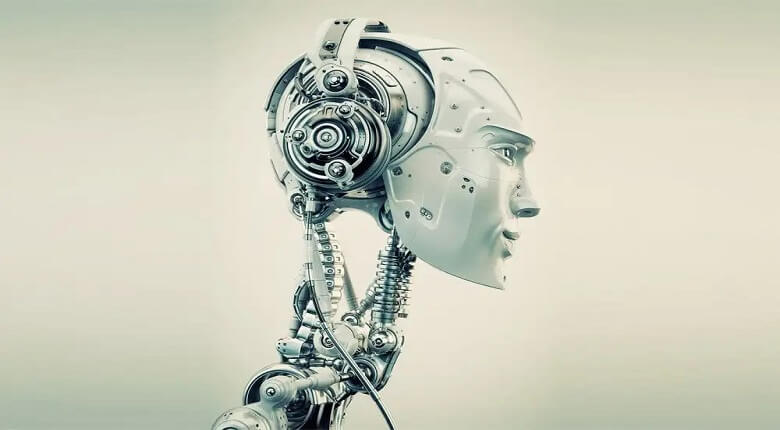- August 31, 2022
- No Comment
- 215
The Development of Artificial General Intelligence Presented in the 15th Annual AGI-22

The 15th annual AGI-22 (Artificial Generally Intelligence) conference was conducted in Seattle this August. The conference presented new developments that could lead to the ultimate construction of Artificial General Intelligence. Keep in mind that an AGI is a kind of advanced AI compatible throughout multiple domains and now become a key topic.
These types of AI include a chatbot, a self-governing vehicle, a chess bot, and any AI aimed at a single purpose. An AGI offers a flexible alternate between any of the above-mentioned or other fields of expertise. It features a theoretical type of AI to get the benefit of developing algorithms such as evolutionary learning and transfer learning.
The Ultimate Launch of an AGI
However, it can also exploit legacy algorithms such as deep support learning. CEO and founder of Singularity NET, Ben Goetzel spoke about the situation of the industry during the opening keynote session. Goetzel is an AI researcher and also a leader of the Open Cog Foundation. He delivered his words about the future direction of AGI that we are just years away instead of decades.
It would present the ultimate launch of an AGI in around 2029. However, one of the world’s leading inventors, Ray Kurzweil has predicted the growth of AI to achieve human-level intelligence. The AI instantly and constantly enhances extensively surpasses human intelligence known as super-intelligence. CEO and founder of Future AI, Charles J Simon issued a statement.
AGI Emergence with a Gradual Increase
Simon said AGI emergence will experience a gradual increase because AGI is essential and will arrive very soon. However, there are considerable roadblocks in space except for this bullish sentiment. Goetzel also admired achieving AGI because we need the insertion of new ideas not just expanding neural networks. Gary Marcus also shared this sentiment saying deep learning has hit the wall.
Meanwhile, some of the major challenges to establishing an AGI include a dedicated reward system to scale significant intelligence. The contradiction reflects the existing issue with achieving AGI with our existing technology. This contradiction says about adaptations that are manageable for a one-year-old such as learning to walk. It can simulate reality for more difficult programs in an AI.
Evolutionary Algorithms are Considered the Best Solution
One of the best solutions to this contradiction is considered evolutionary learning, known as evolutionary algorithms. It efficiently allows an AI to search for more critical solutions by implementing the biological evolution process. Goetzel also said AGI isn’t unavoidable but is massively presumed. The Polynomial Factors was one of the many papers presenting notable papers during the conference.
David Spivak of the Topos Institute in Berkley and Nelson Niu presented a general theory of interaction. This paper discussed a mathematical classification called Poly that could influence the future direction of artificial intelligence. It discusses its relationships with dynamic processes, storage, decision making, and transformation of data.
The Development of Deep-Mind and Open-AI Technologies
Moreover, there were other more speculative papers such as the Versatility-Efficiency Index. The key concept is to build an alternative for calculating the intelligence level of intelligent systems. It is a kind of IQ test to calculate AGI agents in an efficient way. 2 major companies who make developing this fundamental technology are Deep-Mind and Open-AI.
However, the AI community isn’t considering AGI seriously but these 2 companies are supposedly making the first development. Open-AI earlier pointed out its mission to conduct basic and long-term research in order to create a safe AGI. Meanwhile, there wasn’t any key revolutionary development to announce at the conference. The AI community must pay attention to the development of secure AGI.





